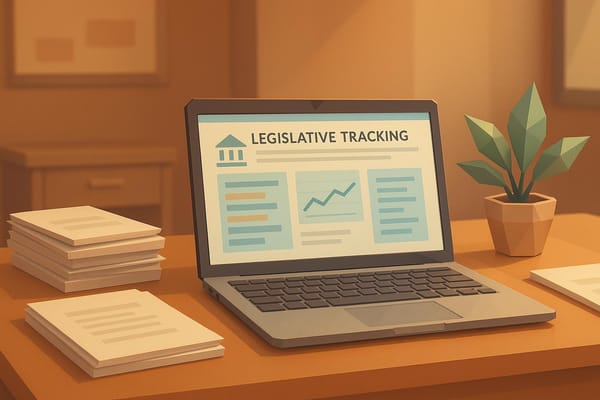Alabama Sales Tax Exemption Bill

HB83 aims to provide a sales tax exemption for the Alabama State Missionary Baptist Convention, Incorporated, and its local associations. This proposal is critical as it seeks to alter current tax obligations for religious organizations, potentially affecting their financial operations and community contributions. The bill recognizes the role these institutions play within local communities and aims to alleviate some of their fiscal burdens. In this blog post, we will delve into the specifics of the bill, its implications, and the rationale behind such tax exemptions.
Understanding the current landscape of sales and use taxes in Alabama is vital, as it sets the context for this legislative move. We will explore how this bill could benefit local Baptist associations, the stipulations set forth for exemption, and the approval process required from local governing bodies. This discussion aims to provide a comprehensive overview of HB83 and its potential impact on religious entities in Alabama.
Current Exemptions in Alabama
Under existing Alabama law, various entities can sometimes be exempt from state, county, and municipal sales and use taxes. These exemptions are crucial as they allow certain organizations, particularly non-profits and religious bodies, to dedicate more resources to their missions rather than tax payments. The introduction of HB83 aims to expand these exemptions further by specifically including the Alabama State Missionary Baptist Convention and associated local organizations. The bill outlines how these groups, if recognized as being in good standing, could find relief from these financial obligations, thus empowering them to enhance their community services.
Details of HB83
HB83 proposes that the Alabama State Missionary Baptist Convention, Incorporated, along with its local associations, be exempt from paying any state, county, and municipal sales and use taxes. Section 1 of the bill states:
"The Alabama State Missionary Baptist Convention, Incorporated, and each local Baptist association that is a member in good standing of the convention, is exempted from paying any state, county, and municipal sales and use taxes."
This broad exemption is significant, allowing these organizations to allocate more funds towards their programs and activities that serve the community.
Compliance Requirements
The bill also outlines specific compliance requirements that ensure the exemption process is transparent and regulated. Under subsection (b), the Alabama State Missionary Baptist Convention must submit a list of local Baptist associations in good standing to the Department of Revenue. This measure is aimed at maintaining accountability and preventing misuse of the exemption by ensuring that only qualified entities benefit from it.
Local Governing Bodies’ Authority
One of the notable features of HB83 includes the stipulation regarding local county and municipal taxes. According to section (c), the exemption provided will not apply to county or municipal sales or use taxes unless approved by a resolution or ordinance from the local governing body. This provision is significant as it emphasizes the autonomy of local constructs, ensuring that they can assess the appropriateness of tax exemptions based on community needs.
Effective Date of the Bill
HB83 is set to take effect on September 1, 2025. This timeline provides adequate preparation for the departments involved and gives local Baptist associations time to ensure compliance with the new regulations. The delay before enactment also allows for any necessary discussions or adjustments based on feedback from impacted stakeholders.
Community Impact
The potential implications of HB83 extend beyond the financial realm to the overall wellbeing of Alabama’s communities. By lessening the tax burdens on religious organizations, the bill enables these groups to focus more on outreach efforts, community development, and other charitable activities. As these organizations play pivotal roles in their local settings, the passage of this bill could enhance service delivery, community engagement, and overall social welfare.
Conclusion
This bill holds the potential to foster community enhancement through the financial relief of tax obligations. Key takeaways highlight the necessity for compliance, the significant role of local governance in tax approval, and the positive community impacts that could arise. With its scheduled effective date of September 1, 2025, stakeholders will have the opportunity to prepare and engage accordingly. As the discourse surrounding tax exemptions continues, it is evident that bills like HB83 reflect the shifting priorities in recognizing the indispensable roles of religious organizations within Alabama’s social fabric.




